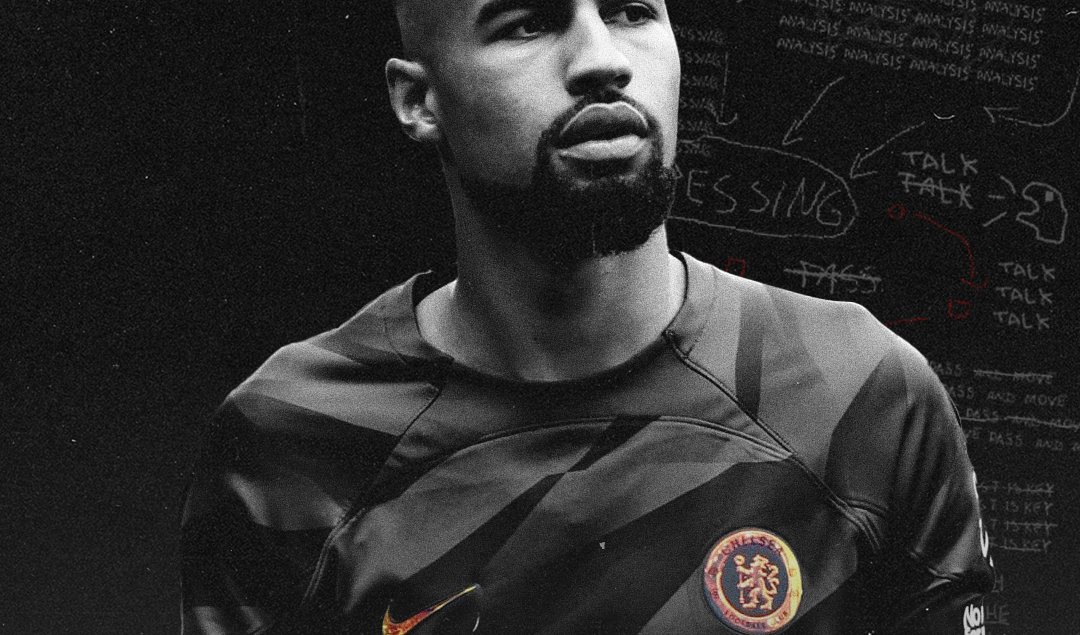Sports Etiquette: The Peculiarities of Soccer Players’ Behavior
Engaging in a particular sports discipline, people should not only carefully study its rules, but also be interested in the traditions and unspoken charters that exist in a particular sport. Whether it is soccer, slots on gxmble, boxing or golf, there are always sound advice, as well as norms of behavior for those involved in the sport. In the presented article, we will consider the features of sports etiquette on the example of the behavior of soccer players.
What is etiquette in soccer?
First of all, etiquette in the game of soccer implies the basic principles and norms of behavior that should be followed by both soccer clubs and individual players. Observing etiquette during the match and off the field allows you to preserve the dignity and honor of soccer.
Moreover, ethics allows to benefit all participants of the game, namely players, coaches, referee and spectators. Among the main principles of professional behavior of soccer players are the following qualities:
- mutual respect;
- sportsmanship;
- responsibility;
- decency;
- honesty.
First of all, sport is a culture. Accordingly, if you want to call yourself an athlete, you need to know and follow the rules of sports ethics.
Rules of fair play in soccer
Soccer is a very tough sporting activity. This game requires a special perseverance in character, boldness and even anger from the athlete. However, this does not mean that athletes need to be too aggressive. As one of the famous coaches said: “The most obvious cruelty to the opponent is to win the game with the maximum score”. There are a few important rules to follow in any sports game:
- respect your opponents;
- don’t yell if something goes wrong;
- don’t kick your opponents in the legs;
- never insult players.
Remember that a team is one unit. Simply put, if players are constantly arguing, they are no longer a team, but individuals. It is necessary to be aggressive with your opponents, but, of course, within the established rules. A cool head is required in the game. This state allows you to clearly assess the situation and promptly make the right decisions.
If your teammate or opponent is injured, stop the game by simply kicking the ball out of the field. Let them get medical attention. This is fair play, which has long been the norm for professional soccer players. In addition, you should not argue with the referee and be rude to him, even if he is really wrong, because with such actions you can get a nasty yellow or red card and, in the end, let your team down.
Opposing fans may shout something offensive to you. Unfortunately, this has become the norm. You don’t need to respond to them, be on your game. Some soccer fans specifically provoke players to make more mistakes. Love your fans, and after the game be sure to thank those who cheered for you and supported your team.
In any situation, never lose your spirit. It happens that the team loses and its players start to worry a lot, stopping to think straight and realize where they make mistakes. Try to keep an optimistic mood and think about why your opponents are stronger than you. Remember that you should only learn from strong athletes.
Handshake after the game
Soccer games traditionally end with the head coaches meeting in the center of the field and shaking hands. At some levels of play, the two teams line up and shake hands after the contest. After the game, it is not uncommon for players to exchange jerseys as a sign of affection for their opponents.
Respect national anthems
Before international matches, national anthems should be played first, and any true fan will show respect by remaining silent during the opposing team’s patriotic song. Unfortunately, this unofficial rule is often broken by politically-minded fans who feel that this is their moment to make themselves known by shouting or booing.
Compliance with the above rules is considered the main guarantee of victory. Famous champions prove this statement by their example. A vivid example is the athlete Pele, who had great self-control and always showed respect for both the players of his team and his opponents.
